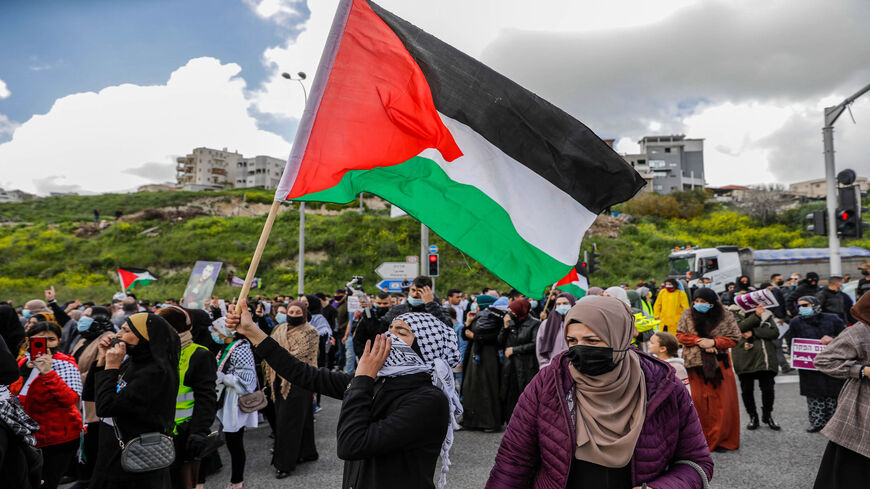For the past two weeks, the world has had its eyes on the violence in Israel and the Palestinian territories. Each day, new headlines emerge of Hamas launching rockets from Gaza and Israel bombing the strip in return. More than 200 Palestinians and a dozen Israelis have died in the attacks. But before the aggression escalated into direct action, tensions had been simmering for weeks.
Thirteen Palestinian families from a neighborhood in a disputed area of East Jersualem were facing potential eviction. Many Israeli families have already moved into this neighborhood. Israeli settlements on land Palestinians believe to be theirs has consistently been a wider source of grievance between the two communities.
Then, two weeks ago, police raided the Al-Aqsa mosque in Jerusalem during Ramadan. The third-holiest site in Islam is also located on the same land as the Temple Mount, a location sacred to Jews.
After 11 days of fighting, a cease-fire has been announced, which will likely halt the rockets and shelling for now. But it’s unlikely to heal the long-term rifts between the communities. What’s more: hundreds of people now grieve loved ones, including more than 50 children, who were killed in the past two weeks.
Salim Munayer is the executive director and founder of Musalaha Ministry of Reconciliation, which has been bringing Israelis and Palestinians together since 1990. Munayer is a Palestinian-Israeli who received his PhD from the Oxford Center of Mission Studies in the UK and has published several books on reconciliation, the Israeli-Palestinian conflict, and Christians in Israel and the Palestinian Authority. He is also the peace and reconciliation network coordinator for Middle East and North Africa for the World Evangelical Alliance.
Munayer joined global media manager Morgan Lee and executive editor Ted Olsen on Quick to Listen to discuss the roots of the violence, the role and responsibility of American Christians in this crisis, and what the ongoing conflict between Palestinians and Israelis can teach us about the racial division in the church.
Highlights from Quick to Listen: Episode #265
As a Palestinian-Israeli, can you tell us about your identity as a Christian?
Salim Munayer: It sounds like somebody with those identities would be a schizophrenic, and I find speaking to many Americans—especially Christian groups—that there is a gap in knowledge and understanding of the people of the land and the history. Usually, they have a certain historical narrative that needs to be adjusted.
First of all, Palestine was the name of the land until 1948, and Palestinian people are mixed people who come from Jewish, Arab, Egyptian, Phoenician, Roman, Greek—anyone that passed through this bridge between Asia, Africa, and Europe. So we are a good salad of people and ethnicities, and our identity is very much influenced by the different civilizations that have been in the land.
The Palestinian Christians in the land are mostly coming from three distinct groups: the Jewish community that embraced Jesus, the Arabs that lived in the land that embraced Christianity too, and also more what we see is the Phoenician Greek community. So we trace our history and spiritual identity to the early church.
In 1948, we had Jews and Arabs, the Muslims and Christians living in the land. But as a result of the desperate situation of the Jewish people in Europe—the suffering of the Jewish people in Europe—they were looking for a safe haven, they were looking to affirm their identity, and it also was part of the nationalism ideology that was developing at that time in the world, especially in Europe. It was the beginning of a process where the Jewish community began to redefine itself as a people, as a nation, and to have its own state.
Source: christianity today






